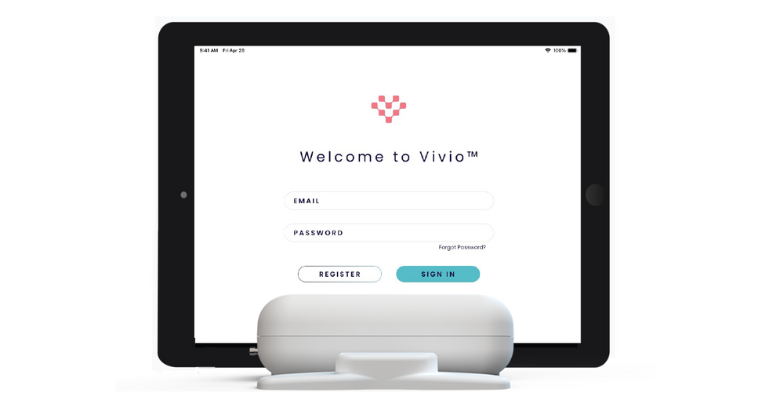Cardiovascular
Ventric Health Nabs FDA Clearance for Vivio
Ventric Health, a cardiovascular health-focused medical technology company, recently announced that its Vivio system has received FDA 510(k) clearance to aid in the diagnosis of heart failure. Vivio is a non-invasive diagnostic device that uses advanced algorithms to detect elevated left ventricular end-diastolic pressure (LVEDP) in clinical and home healthcare environments.
Heart failure — defined as the result of the heart not pumping enough blood to meet the body’s needs or doing so at the expense of LVEDP — is historically difficult to diagnose, with up to 50% of heart failure patients going undiagnosed and diagnosis lagging up to 30 months following onset of symptoms in some cases. Additionally, 50% of heart failure patients, according to Ventric, have symptoms overlooked during a normal clinical assessment. Socioeconomic status also seems to play a role in early diagnosis, with 75% of patients with lower socioeconomic status diagnosed in an emergency room or inpatient setting.
The company noted that this is where Vivio can make a difference. The device, which can perform an evaluative test in the clinic or home in under five minutes to aid in the diagnosis of heart failure, helps reduce barriers to care for populations impacted by social determinants of health (SDoH) like transportation limitations.
“This is an indispensable clinical insight for clinicians in any care setting,” said Mory Gharib, Ventric Health co-founder, in the press release announcing the clearance. “It fortifies our commitment to provide transformational clinical interventions in cardiovascular health, enabling clinicians and value-based care organizations to expand the site of care for diagnoses, grow the number of patients that can be reached, and change the timeline for treatment.”
To perform the evaluative test, a clinician first accesses the Vivio app on a mobile tablet, and enters a patient’s ID, pertinent demographics, symptoms, and diagnosed conditions. Next, they place the Vivio EKG patch and arm cuff on the patient and connect it via Bluetooth. The test to gather heart data non-invasively takes less than two minutes and then analyzes the data in less than 60 seconds. Clinicians receive the results of the test in real time.
The Vivio test is compared to the traditional diagnostic methods for heart failure like catheterization or echocardiogram, which can be time consuming and difficult for patients. Cardiac catheterization is the insertion of a catheter into a chamber or vessel of the heart for either diagnostic or interventional purposes. A long, thin, flexible tube is put into a blood vessel in the arm, groin, upper thigh, or neck and threaded through the blood vessels to the heart.
An echocardiogram is ultrasound that uses sound waves to create images of the heart and checks for heart structure and function. A recent survey of patients, according to the company, found that 95% preferred Vivio to receiving an echocardiogram.
“We are changing the approach to diagnosing heart failure, one of the most expensive and debilitating diseases patients face,” Sean Brady, CEO and co-founder of Ventric Health, told MD+DI. “With Vivio’s 510(k) clearance from the FDA, we can now expand access to care by empowering clinicians to provide noninvasive testing in clinical or home health care environments. Vivio enables healthcare organizations to change the timeline of diagnosis and improve health outcomes.”
As of the date of publication, Ventric has not detailed when the device will be available on the market.

